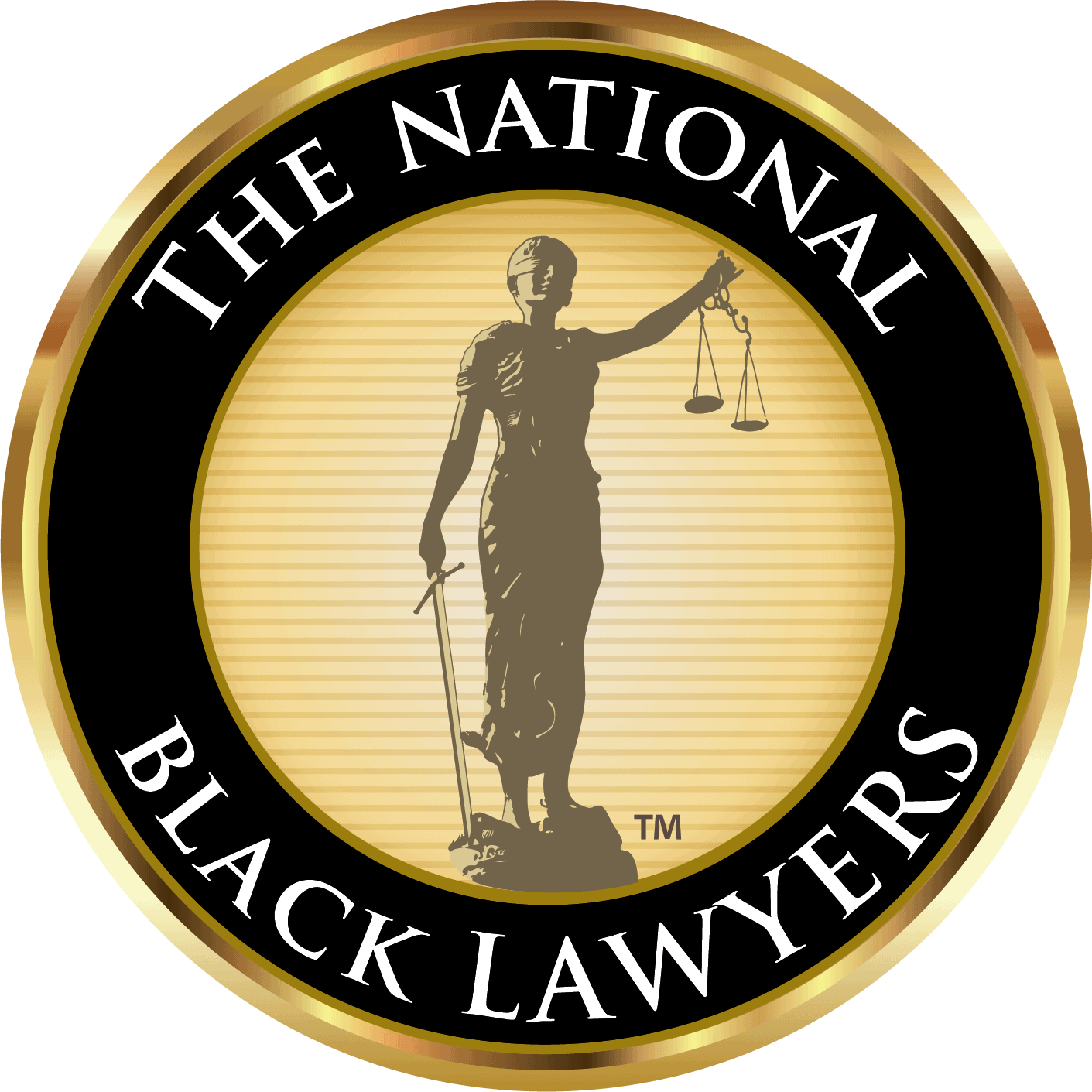
Florida Supreme Court Justice Peggy Quince
(Photo: Jeff Burlew/Democrat)
Peggy Quince never imagined she'd become a lawyer — or the first African-American woman to serve on the Florida Supreme Court.
Growing up in Chesapeake, Virginia, she always wanted to be a doctor instead. She studied zoology at Howard University in the late 1960s but found herself drawn more and more to the law.
"There were lots of things going on in our country at the time," she said. "The Civil Rights movement was at its height. We had the war in Vietnam going on. We had the murder of the students at Kent State. All the sit-ins, all of those things were going on in our country, and I became interested in the law. And that's why I decided to go to law school instead of medical school."
Quince, 67, enrolled at law school at Catholic University of America. At the time, there were few black attorneys and fewer still black female lawyers. Quince, herself, didn't know any lawyers, let alone judges.
As she pursued her dream, she said she faced the same struggles most black people in the U.S. did at the time. Some professors didn't think black students should be studying law; a judge on one of her first cases asked her if she was the defendant as she approached the bench.
"And so it was those insidious kinds of things that were were going on," she said. "But this is what I wanted to do — so this is what I was going to do, despite those obstacles."
While in law school, she was active in Phi Alpha Delta Law Fraternity and the Black American Law Students Association and was awarded for her work with a neighborhood legal clinic. She earned her law degree in 1975 and went to work as a hearing officer in Washington, D.C., presiding over cases involving the city's new rent-control law. She left for private practice in Norfolk, where she was born, before moving to Bradenton in 1978 and opening her own law office.
In 1980, she began a nearly 14-year tenure with the Florida Attorney General's Office, handling criminal appeals, including death penalty cases.
"I was a government lawyer," she said. "And I wanted to serve even more in the government. And that's what drew me (to the judiciary)."
In 1993, Gov. Lawton Chiles appointed her to the 2nd District Court of Appeal, making her the first African American woman to serve on a district court of appeal in Florida. In 1998, Chiles and Gov.-elect Jeb Bush jointly appointed her to the Florida Supreme Court.
Quince has won numerous awards and honors, including the Lifetime Achievement Award from the Florida Bar's Government Lawyer Section and induction into the Florida Women's Hall of Fame. She is a member of New Hope Missionary Baptist Church and is active in Alpha Kappa Alpha Sorority, Jack and Jill of America, the Urban League and the NAACP.
She said the best advice she got as a young woman came from her teachers at Howard and Catholic universities, who told her she could do anything she wanted, as long as she prepared herself.
"And you prepare yourself by studying, by making good grades, so that whatever you want to do, you can move up to the next level — because everyone is going to be looking at how well you've done at the level before that," she said. "I think that was great advice. And when I finished (school), I went back and talked to those teachers and thanked them for all the good advice and assistance that they gave me."
Peggy A. Quince
Career: Florida Supreme Court justice; former judge for the 2nd District Court of Appeal; former assistant attorney general.
Leadership: Member of the Florida Bar, the Virginia State Bar, the National Bar Association and Tallahassee Women Lawyers. Active in Alpha Kappa Alpha Sorority, Jack and Jill of America, the Urban League, the NAACP and The Links.
Quote: "I feel like the ones who came before me are the real trailblazers. And I benefited from them blazing that trail. And hopefully, I think for some other women, I've helped to further blaze the trail so that they feel comfortable that if they want to do this, that they can do it."
